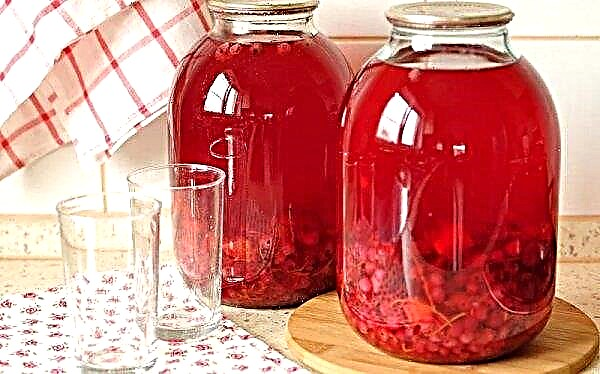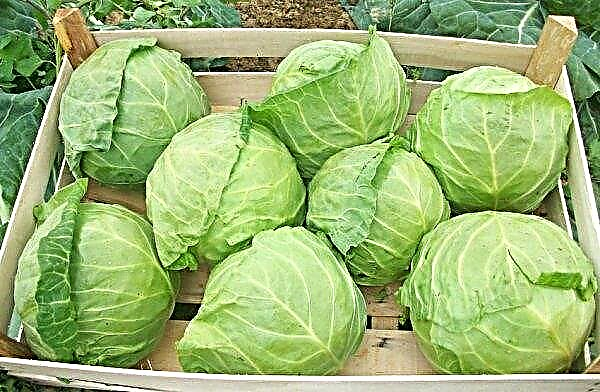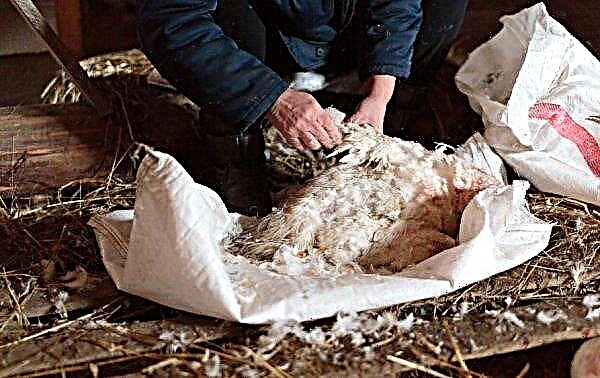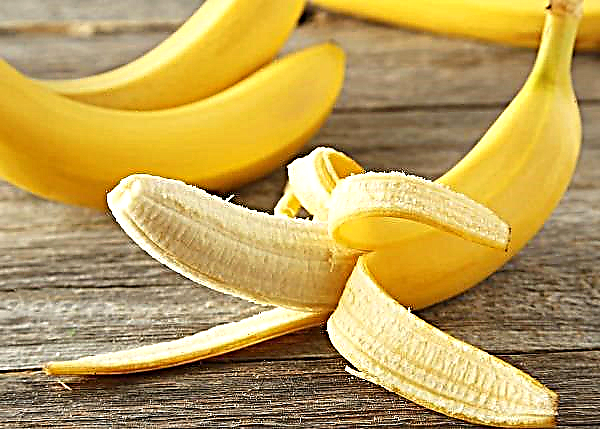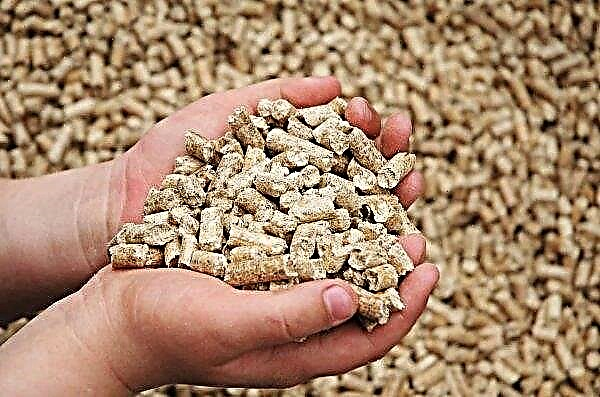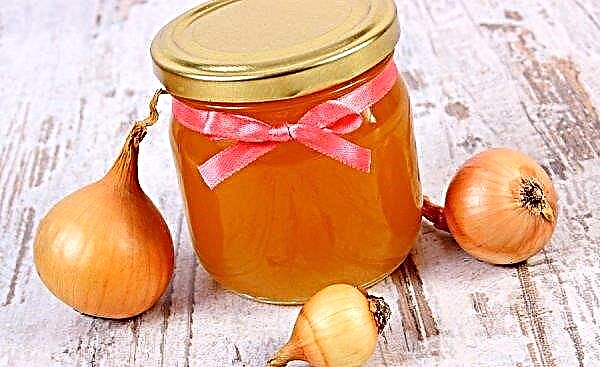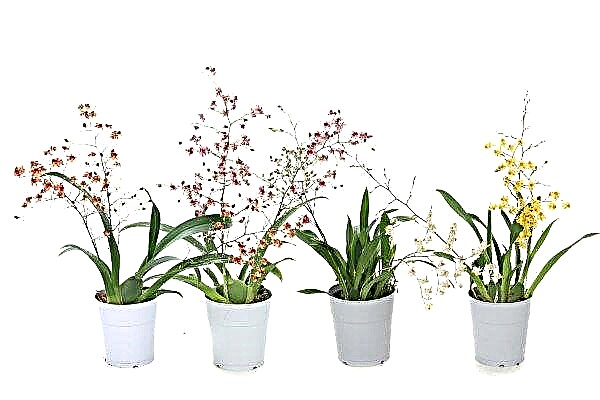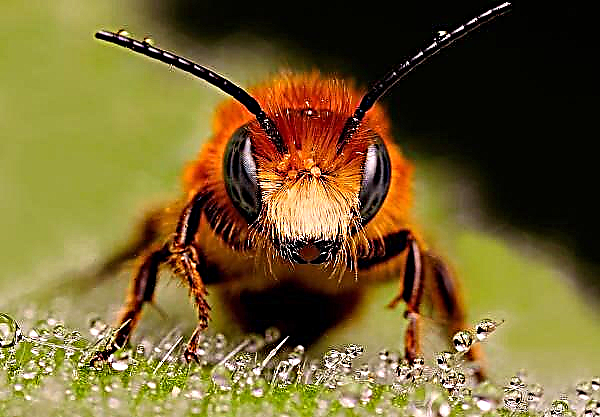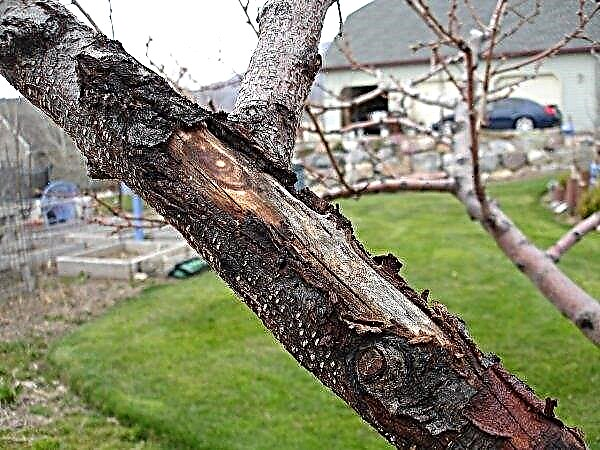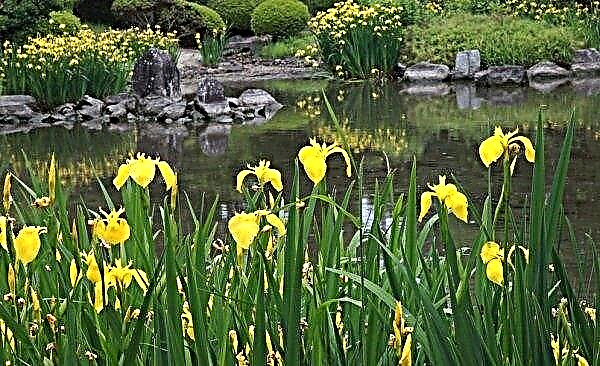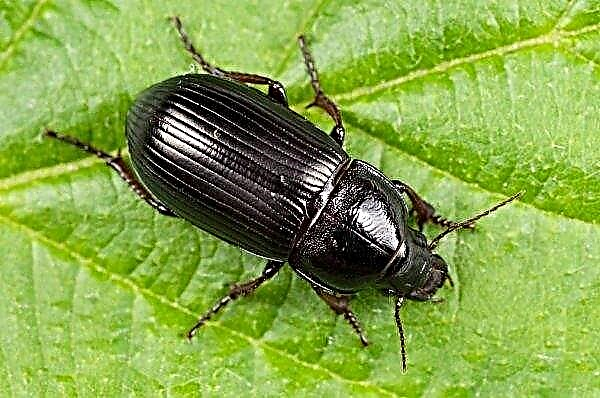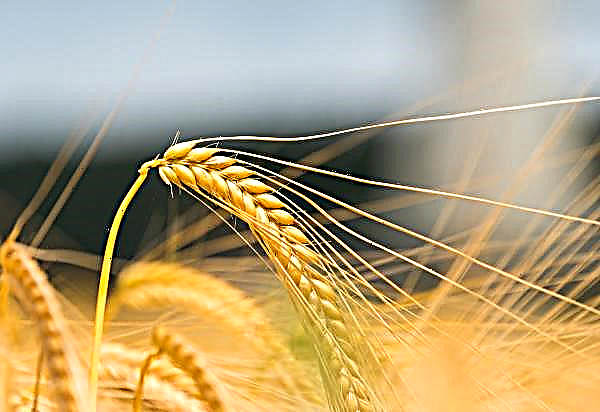Everyone knows the undoubted beneficial properties of pine nuts for the human body, which are collected from the branches of Siberian pine. They are a rich source of vitamins, fatty acids, minerals that increase efficiency, improve blood composition, treat anemia, and normalize the nervous system. But many parents are concerned about the question: is it possible to give pine nuts to children, and at what age they can be introduced into the diet.
The composition of pine nuts
Pine nut seed contains a huge amount of nutrients. 100 g of product contain: 15.6 g of protein, 28.4 g of carbohydrates and 56.0 g of fat. Total calorie content - 680 kcal. The bulk of the protein is easily digestible interchangeable and essential amino acids.

Fats are represented mainly from the group of polyunsaturated fatty acids, most of all - oleic acid. Fiber and starch predominate from carbohydrates. It contains organic acids, citric acid is also found. This product does not contain cholesterol.
Did you know? Cedar seeds contribute to weight loss. They reduce body weight without the need to consume fewer calories.
The full range of nutrients in the core is as follows:
- Vitamins: A, B1 (thiamine), B2 (riboflavin), B6 (pyridoxine), C, E, PP, folates, pantothenic acid, niacin.
- The mineral complex is represented by zinc, manganese, iron, copper, calcium, magnesium, phosphorus, cobalt, iodine, sodium, aluminum.
- Other components: lecithin, hemicellulose, dietary fiber.
 Nuts contain 19 amino acids, 15 of which are indispensable.
Nuts contain 19 amino acids, 15 of which are indispensable.Is it possible for children pine nuts
Kids are allowed to use this type of nuts. They must be present on the menu, as they contribute to the normal development of the body, help the process of changing milk teeth to permanent ones. Nuts benefit from reduced immunity. In addition, they are tasty and sweet, which is especially liked by children.
Important! Cedar kernels can cause individual allergic intolerance, therefore, they should be carefully introduced into the children's diet.
At what age can pine nuts be given to children
The most suitable age for introducing a healthy treat into the diet is at least 3 years. Some doctors recommend starting giving them to a child even at 4 years old, not earlier. At the age of less than three years, a fragile children's stomach cannot cope with such an amount of fat.
As a dietary supplement, pine nuts begin to produce several grams and are gradually brought to 20 g per day. If the child tolerates nutritious feeding well, servings can be increased to 30-50 g 2 times a week.
What nuts are good for children
- Siberian cedar seed perfectly strengthens the immune system, and the use of additional walnuts strengthens the effect. In addition, nuts are useful for the following reasons:
- contain a powerful complex of antioxidants;
- stimulate the synthesis of growth hormone, improve the condition of the mucous membranes and skin;
- thanks to vitamin D, they strengthen teeth and bones by maintaining metabolic processes in bone tissue;
- perform the prevention of diseases of the spine and joints;
- calm the excited psyche of the baby and provide a calm sleep;
- contribute to the development of the brain, genital and visual organs, kidneys;
- a complex of fatty acids in the nucleus forms and strengthens cell membranes in a growing child’s body;
- beneficial effects on physical and mental development;
- strengthen tooth enamel, relieve inflammation.

Contraindications and possible harm
Besides good, any product can cause harm. As for pine nuts, it should be remembered that children under three years of age should not be given them, since, in addition to fat intolerance, the nut has a very small size and the baby can easily choke on them. The main contraindication is an allergic reaction to a treat.
Thus, we can say that pine nuts are not only possible, but also need to be given to children. Due to its rich composition, this product brings undoubted benefits to the children's body. However, you should remember about age restrictions, norms of use and take into account a possible allergic reaction to the product.
